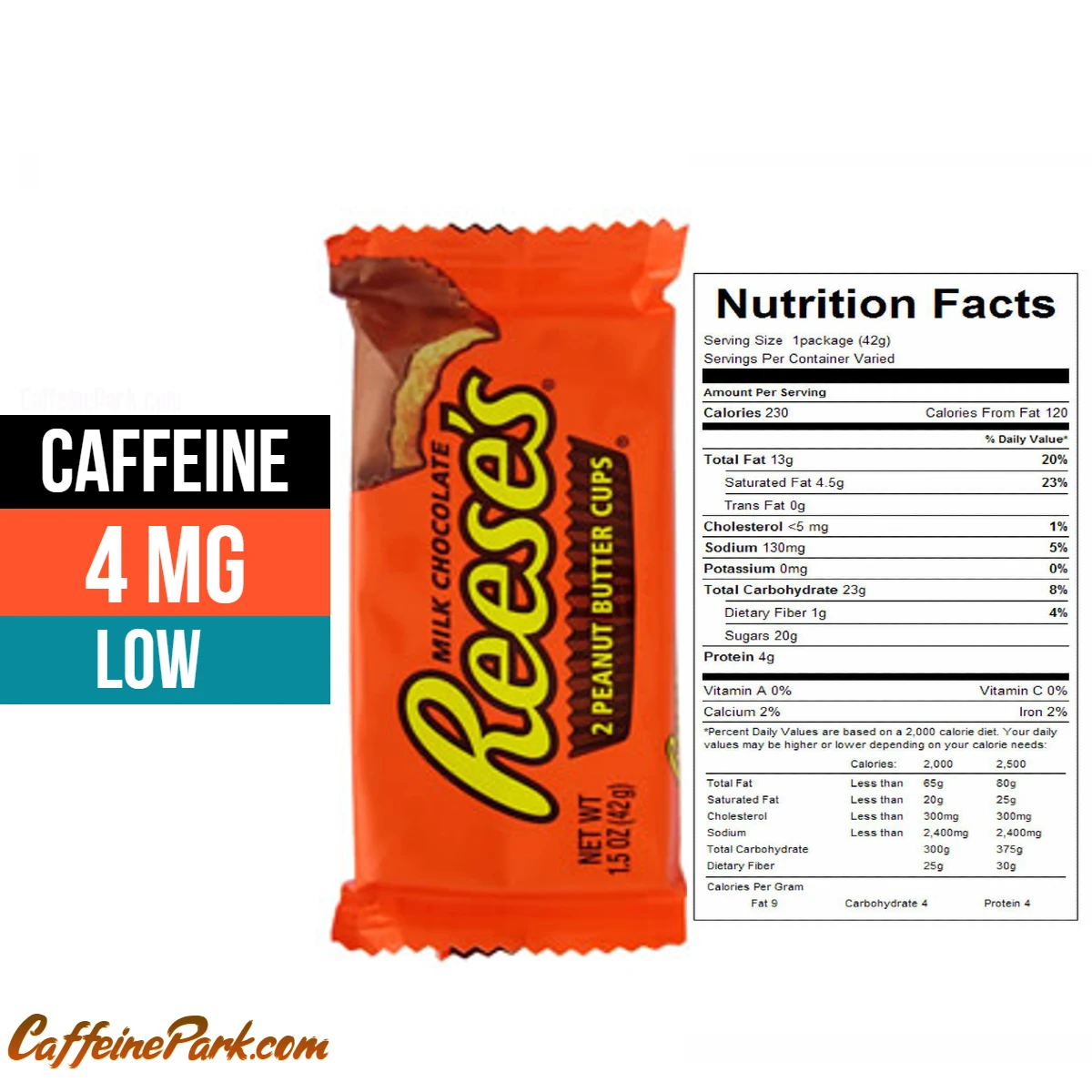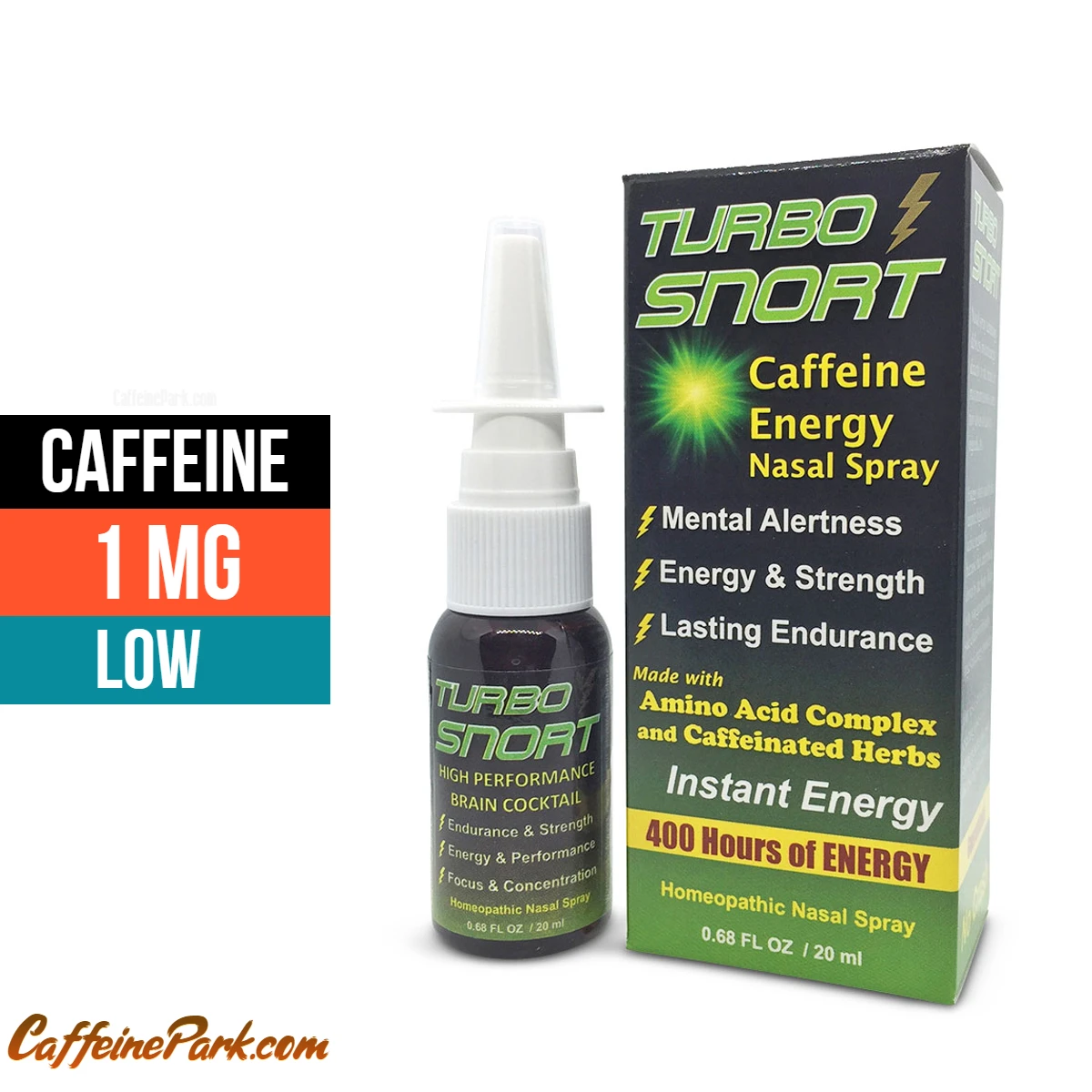Caffeine Pills

Caffeine is a stimulant commonly found in coffee, tea, and energy drinks. However, it is also available in the form of pills, which provide a concentrated dose of caffeine. These pills are marketed for various benefits, including increased physical performance, weight loss, and mental acuity.
Types of Caffeine Pills
Caffeine pills come in various forms and are marketed for various purposes, including weight loss, pain relief, increased physical performance, and improved mental acuity. Some examples of caffeine pill types include:
- Pain Relief Pills: These pills contain caffeine along with other ingredients to help relieve pain, such as headaches, menstrual cramps, and arthritis. Examples include Anacin, Arthriten, and Excedrin.
- Weight Loss Pills: These pills contain caffeine and other ingredients that claim to promote weight loss by suppressing appetite, boosting metabolism, and increasing energy levels. Examples include Dexatrim Max Daytime, Hydroxycut Hardcore, and Mini Thin.
- Performance Enhancers: These pills are marketed to improve physical and mental performance, such as providing a boost of energy and focus. Examples include EQ Tablets, OptiMind Energy Supplement, and UPtime Energy Tablets.
- Diuretic Pills: These pills contain caffeine and other ingredients to promote water loss and reduce bloating. Examples include Diurex Water Pills and Diurex Ultimate.
- Supplements: These pills contain caffeine and other ingredients that claim to provide health benefits such as increased metabolism, improved cognitive function, and antioxidant effects. Examples include Green Coffee Extract, Green Tea Extract Capsules, and Prolab Caffeine Supplement.
It’s important to keep in mind that the efficacy and safety of these pills, as well as their claims, may vary, and it’s important to consult a healthcare professional before starting any new supplement or medication regimen.
How Caffeine pills Works
Caffeine pills work by increasing the levels of caffeine in the bloodstream. Caffeine is a central nervous system stimulant that can improve focus, alertness, and energy levels. It works by blocking the action of adenosine, a neurotransmitter that promotes feelings of sleepiness. By blocking adenosine, caffeine increases the release of other neurotransmitters, such as dopamine and norepinephrine, which can enhance cognitive function and improve mood.
Once ingested, caffeine is absorbed into the bloodstream and reaches the brain within 15-45 minutes. The effects of caffeine can last for several hours, depending on the dose, individual tolerance, and other factors such as food intake and hydration levels.
Caffeine pills can provide a quick and convenient source of caffeine for people looking for a boost of energy or improved mental performance. However, it is important to be aware of the potential side effects and to use caution when taking caffeine pills, especially in high doses.
Benefits of Caffeine Pills
Caffeine is one of the most widely used psychoactive substances in the world, and is commonly found in coffee, tea, energy drinks, and soft drinks. Caffeine pills are a convenient way to consume caffeine, as they allow for precise control over the dose ingested.
Here are some of the potential benefits of caffeine pills:
- Increased Alertness and Mental Acuity: Caffeine is a stimulant that affects the central nervous system, resulting in increased alertness and wakefulness. This can improve focus and concentration, making caffeine pills a popular choice for students and professionals.
- Improved Physical Performance: Caffeine can improve endurance, power, and strength in exercise, making it a popular ingredient in sports supplements. Caffeine pills can be especially useful for athletes who need a quick pick-me-up before a competition.
- Weight Loss: Caffeine can increase metabolism and thermogenesis, helping to burn more calories and promote weight loss. Some weight loss supplements contain caffeine, and taking caffeine pills can help to support these efforts.
- Pain Relief: Caffeine has been shown to be effective in reducing pain and discomfort, particularly headaches and menstrual cramps. Some pain relief medications, such as Excedrin, contain caffeine.
- Improved Mood: Caffeine can improve mood and reduce feelings of fatigue and boredom. This can help to boost energy levels and overall well-being.
It’s important to note that the benefits of caffeine pills are dose-dependent, and taking too much can result in negative side effects, such as jitters, anxiety, and insomnia. It’s important to consult with a doctor before using caffeine pills, especially if you have a pre-existing health condition or are taking other medications.
Side Effects of Caffeine Pills
Caffeine pills can cause a number of side effects, including:
- Jitters and anxiety: The sudden release of caffeine in the body can cause jitters, restlessness, and anxiety in some individuals.
- Insomnia: Caffeine can interfere with sleep patterns and cause insomnia, especially if taken later in the day.
- Increased heart rate: Caffeine stimulates the heart and can cause an increase in heart rate and blood pressure.
- Nausea and stomach upset: Caffeine can cause nausea and stomach upset in some people, especially if taken on an empty stomach.
- Dehydration: Caffeine is a diuretic, meaning it increases fluid loss in the body, which can cause dehydration.
- Overuse: Overuse of caffeine pills can lead to dependence, tolerance, and withdrawal symptoms such as headaches, fatigue, and irritability.
- Interactions with medications: Caffeine can interact with some medications, such as stimulants, antidepressants, and antipsychotics, and may enhance or reduce their effects.
It is important to note that these side effects can vary depending on the individual’s tolerance and sensitivity to caffeine, as well as the amount and frequency of caffeine consumption. Before taking a caffeine pill, it is recommended to consult with a healthcare professional to determine the safe and appropriate use.
Ingredients in Caffeine Pills
Caffeine pills typically contain caffeine anhydrous, a dehydrated form of caffeine powder. However, some brands may use green coffee extract or green tea extract, which are marketed as “all-natural” alternatives.
Safety Precautions
Caffeine pills can be dangerous if misused. It is important to follow the recommended dosage and to be aware of your own tolerance and sensitivity to caffeine. Pregnant and breastfeeding women, as well as individuals with certain medical conditions, such as heart problems, should avoid taking caffeine pills.
In conclusion, caffeine pills can provide a concentrated dose of caffeine, offering various benefits, including increased alertness and energy levels, improved mental acuity and focus, and enhanced athletic performance. However, they can also cause negative side effects and should be used with caution, following the recommended dosage and taking into account individual tolerance and sensitivity.
List of Caffeinated Pills
| Name | Caffeine | Type |
|---|---|---|
| Redline Gel Caps | 97 mg | capsules |
| One a Day Energy | 90 mg | pills |
| Flow by Nooflux | 84 mg | capsules |
| EQ Tablets | 80 mg | tablets |
| Nature’s Measure Energy Tabs (Dollar Tree) | 80 mg | tablet |
| Voke Chewable Tabs | 77 mg | supplements |
| OptiMind Energy Supplement | 75 mg | supplement |
| Arthriten Maximum Strength | 65 mg | Pain relief |
| Excedrin | 65 mg | Pain relief |
| Excedrin Migraine | 65 mg | Pain relief |
| Midol Menstral Complete | 60 mg | Pain relief |
| Diurex Water Pills | 50 mg | Diuretic |
| Mega T Green Tea Supplement | 50 mg | capsules |
| ProPlus Caffeine tablets | 50 mg | supplement |
| Arthriten | 32.5 mg | Pain relief |
| Anacin | 32 mg | Pain relief |
| Green Tea Extract Capsules | 32 mg | supplement |
| Hydroxycut Hardcore | 270 mg | Weight loss |
| Mini Thin | 205 mg | Weight loss |
| Dexatrim Max Daytime | 200 mg | Weight loss |
| Greencoffex Caffeine Capsules | 200 mg | capsules |
| Jet Alert | 200 mg | tablets |
| Magnum 357 Caffeine Tablets | 200 mg | tablets |
| NoDoz | 200 mg | pills |
| Pic Me Up | 200 mg | tablets |
| Prolab Caffeine Supplement | 200 mg | pills |
| Red Chinese Super Cap | 200 mg | capsules |
| Vivarin | 200 mg | pills |
| Green Coffee Extract | 20 mg | supplement |
| PEPTIME | 175 mg | tablets |
| Good Morning Pill | 130 mg | supplements |
| One a Day Women’s Active Metabolism | 120 mg | pills |
| Razorwire Energy Capsules | 112 mg | supplements |
| Bolt 260 | 110 mg | tablets |
| UPTIME Energy Tablets (maximum) | 108 mg | supplements |
| Diurex Ultimate | 100 mg | Diuretic |
| Rite Aid Stay Awake | 100 mg | pills |
| Sprayable Energy | 100 mg | supplements |

FAQs
Caffeine is a stimulant that affects the central nervous system. It blocks the effects of adenosine, a chemical in the brain that makes you feel tired, and stimulates the release of other neurotransmitters like dopamine and norepinephrine, which improve mood, alertness, and mental focus.
A typical caffeine pill contains 100-200 mg of caffeine, with popular brands such as NoDoz containing 200 mg.
There are some benefits associated with taking caffeine pills, such as increased mental alertness and focus, improved physical performance, and weight loss. However, these benefits are not guaranteed for everyone and may vary based on individual tolerance and sensitivity to caffeine.
Common side effects of taking caffeine pills include jitters, anxiety, increased heart rate, insomnia, and upset stomach. In severe cases, it can lead to cardiac arrest and death.
It’s important to be aware of your own tolerance and sensitivity to caffeine before taking a caffeine pill. Most recommended dosage is 200 mg of caffeine per day, and it’s advised not to exceed this amount. It’s also important to read the label and follow any recommended guidelines or warnings.
It’s generally safe for healthy adults to consume up to 400 mg of caffeine per day, however, this may vary based on individual tolerance and sensitivity. It’s best to consult with a healthcare provider before taking caffeine pills every day.
Read More:





